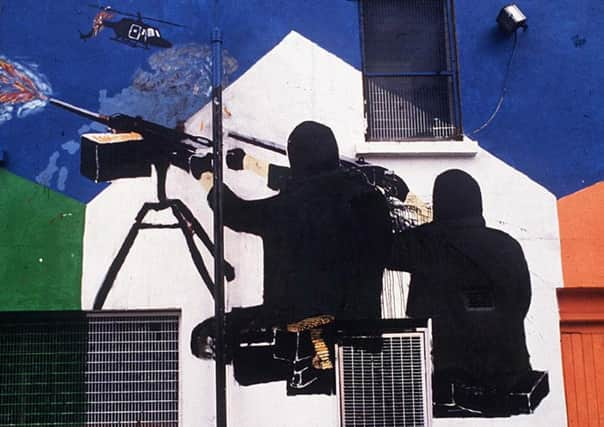Money is released for Troubles inquest backlog


It is a move which the Lord Chief Justice had called for in 2016, but which will likely anger some victims campaigners, given the high number of terrorists in the backlog whose deaths (often at the hands of security services) will now be subject to intense scrutiny.
Advertisement
Hide AdAdvertisement
Hide AdThe DoJ said it was adopting a “new model” for inquests, and that this would cost an estimated “£55 million over six years”.
The funding for legacy inquests formed part of the discussions on the overall Budget for 2019-20, which was revealed by the Secretary of State Karen Bradley today.
The DoJ added: “The announcement of the Budget outcome today will allow this work to proceed in 2019-20. It is expected that funding requirements will be updated annually and considered as part of the local budget process.”
In a statement, Peter May, Permanent Secretary of the DoJ, said: “The delays in progressing legacy inquests have been unacceptable to families involved and to the justice system.”
Advertisement
Hide AdAdvertisement
Hide AdThe DoJ added: “A new Legacy Inquest Unit will be set up within the Coroners Service to process legacy inquests, under the remit of the Lord Chief Justice as President of Coroners Courts.
“The unit will be supported by increased capacity in PSNI, the Public Prosecution Service and other justice agencies.
“The six-year timescale for the initiative reflects the need to build up capacity and the complexity of the outstanding legacy inquest cases.”
The DoJ believes it should be possible to complete the current caseload of 52 legacy inquests involving 93 deaths within a five-year period.
News Letter investigation – Revealed: the terrorists whose inquests you are paying for – sometimes twice